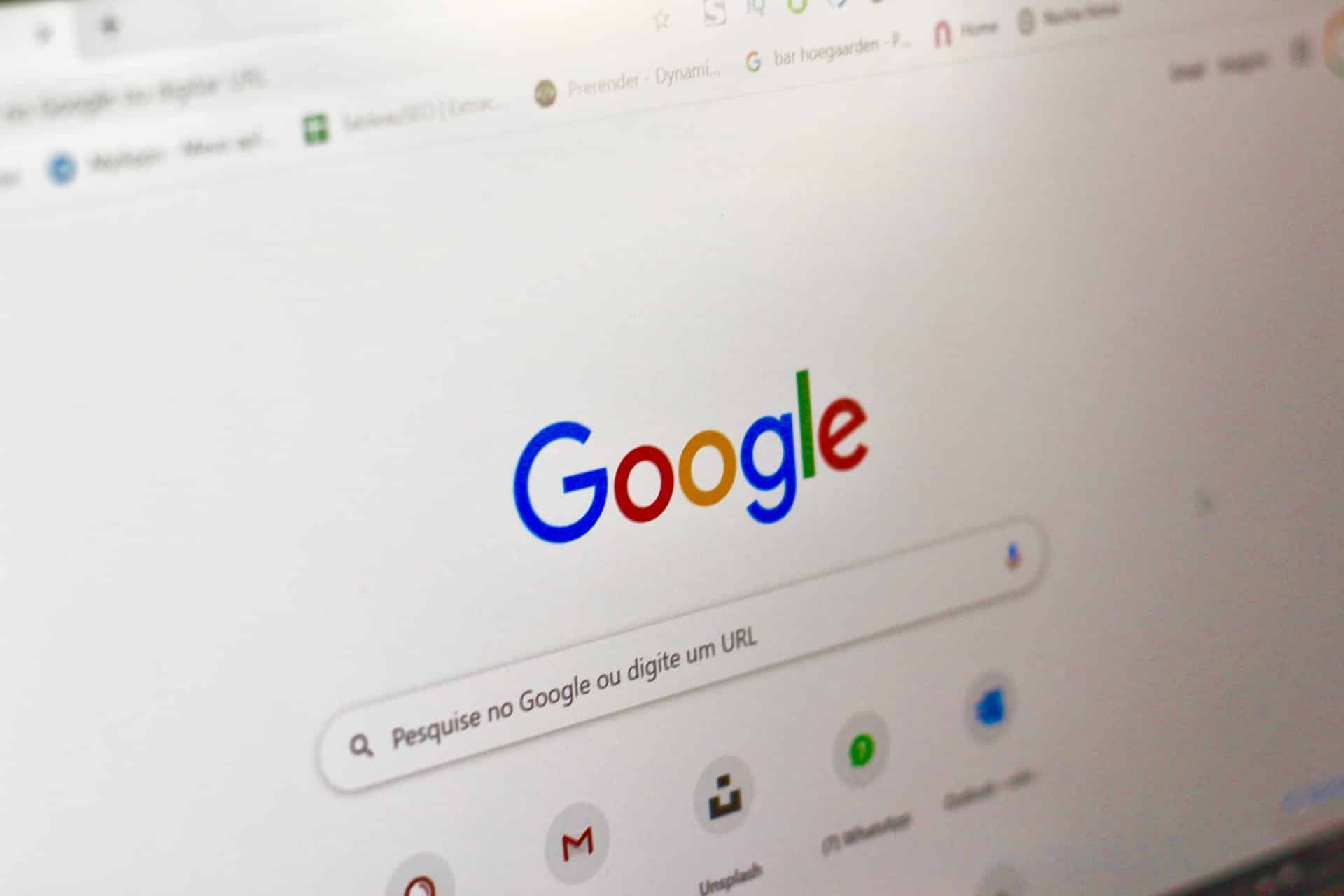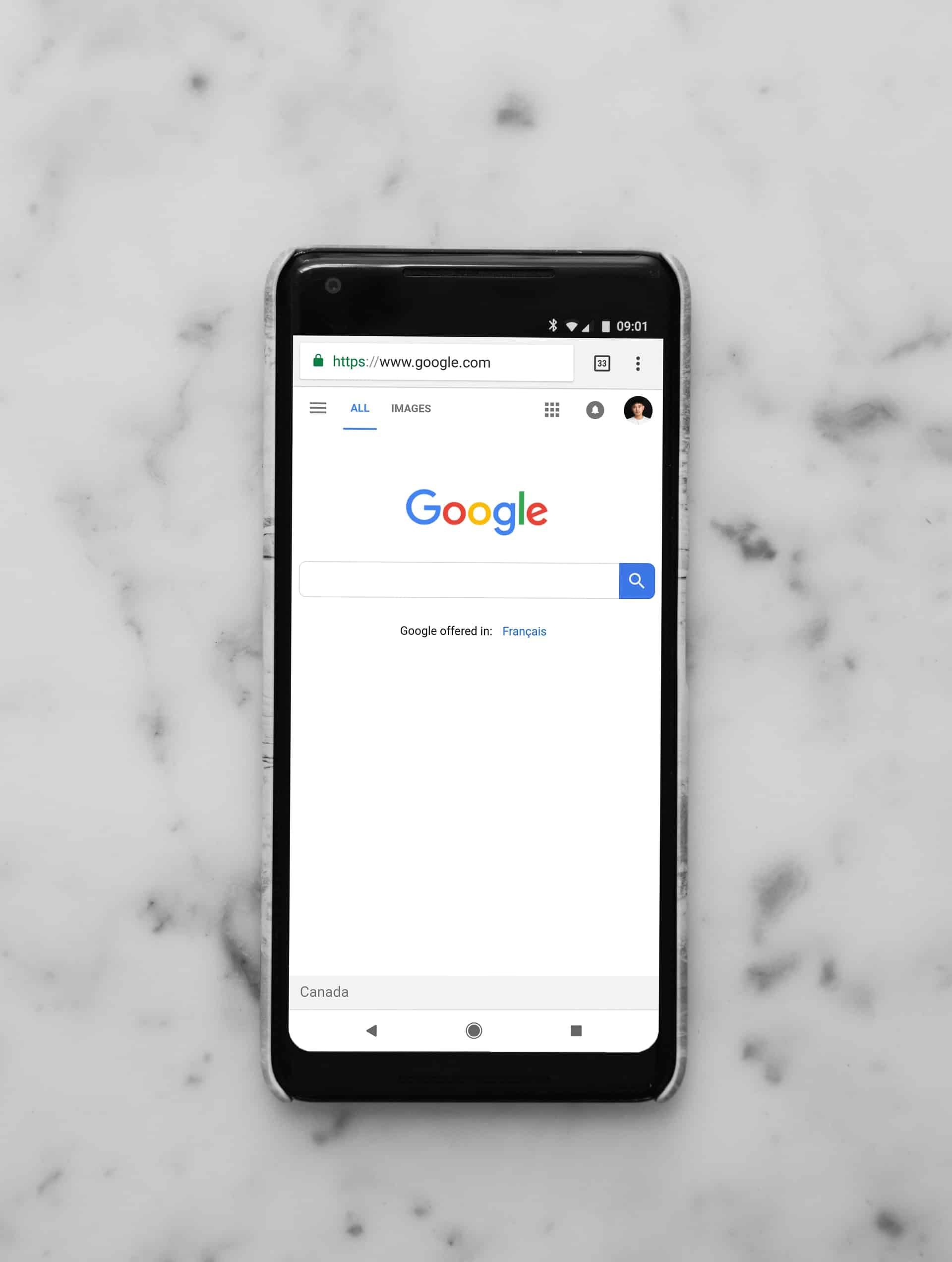Every business wants to have a Google presence. Whether it be via Google My Business local listings, paid Google Ads, or organic SEO; every business requires some form of presence in Google to drive traffic to their website and generate some form of business. The thing is though, it’s not as simple as many business owners think. You don’t just rank well organically in Google SEO just because you have a website, there’s a lot of work to do behind the scenes in order to have a chance in the competitive landscape.
Here are some important tips for business owners to be aware of and implement as part of their website’s SEO.
IMAGE: UNSPLASH
Site Architecture
Your website architecture is important for SEO as Google bots crawl and index your site, starting at the homepage. You need to have a clean hierarchy for bots (and users) to be able to navigate the site cleanly and effectively. This means a structured menu/navigation, clean and unique on-page content, and internal linking.
Menu
Make sure you have all your service pages listed and accessible via the menu, preferably with the link as the keyword anchor text.
Content
All content, homepage, and ALL pages should have sufficient on-page content. This means at least 500+ words of content on the homepage and category pages, and clean product descriptions on product pages (should it be eCommerce). ‘Unique’ means that content isn’t duplicated anywhere else on your site or on the internet. Run a Plagiarism check to ensure your content is unique, ideally under 20% duplication.
Internal Links
Every single one of the pages on your site should be accessible within 3 to 4 clicks on the site. This provides a clear user experience for your site visitors and Google bots.
Meta Data and Keywords
Choose one keyword topic to dedicate that page too. Make sure you use the keyword within the SEO page title, page URL (if possible), the meta description (only displayed in Google), your H1 tag and also partially wrapped in a H2 tag. Also, try and use the keyword within the first sentence of the first paragraph, and a couple of times within the copy (but do not keyword stuff), write for the user first about the page topic and you should include the keyword naturally.
Page Speed
Both Google and users need to have a good experience when they visit your site. This means that it should have a quick loading time. Google cares about the end-user, meaning they favor sites that have quick load times. Your pages should have an optimum page speed, of at most 3 seconds or less per page. Run page speed tests and if it’s loading too slow, optimize and compress image files and look for caching and speed plugins to help speed up and minify unused JavaScript and CSS files. Re-test and continue to optimize until you achieve optimum load times.
Backlinks
Backlinks are important for driving authority into your site. Think of a backlink like a reference or word of mouth referral from another website. And think of the internet as a huge network of websites linking together.
If a website links to your website, it’s like a positive referral or reference to your product or service, which is a positive thing. Google crawls backlinks from external sites to your site and passes a small percentage of that website authority into yours. This helps your Domain Rating, an offsite SEO performance score that quantifies the strength of your backlink profile in the eyes of Google.
These tips are just the very start of optimizing your website for SEO, and it’s a continual task, however, this will help structure your site correctly to at least have a chance of competing in Google’s organic space.
Media MC. is a Brisbane SEO consultant that specializes in just that, SEO for small businesses.
If you are interested in even more technology-related articles and information from us here at Bit Rebels, then we have a lot to choose from.


COMMENTS